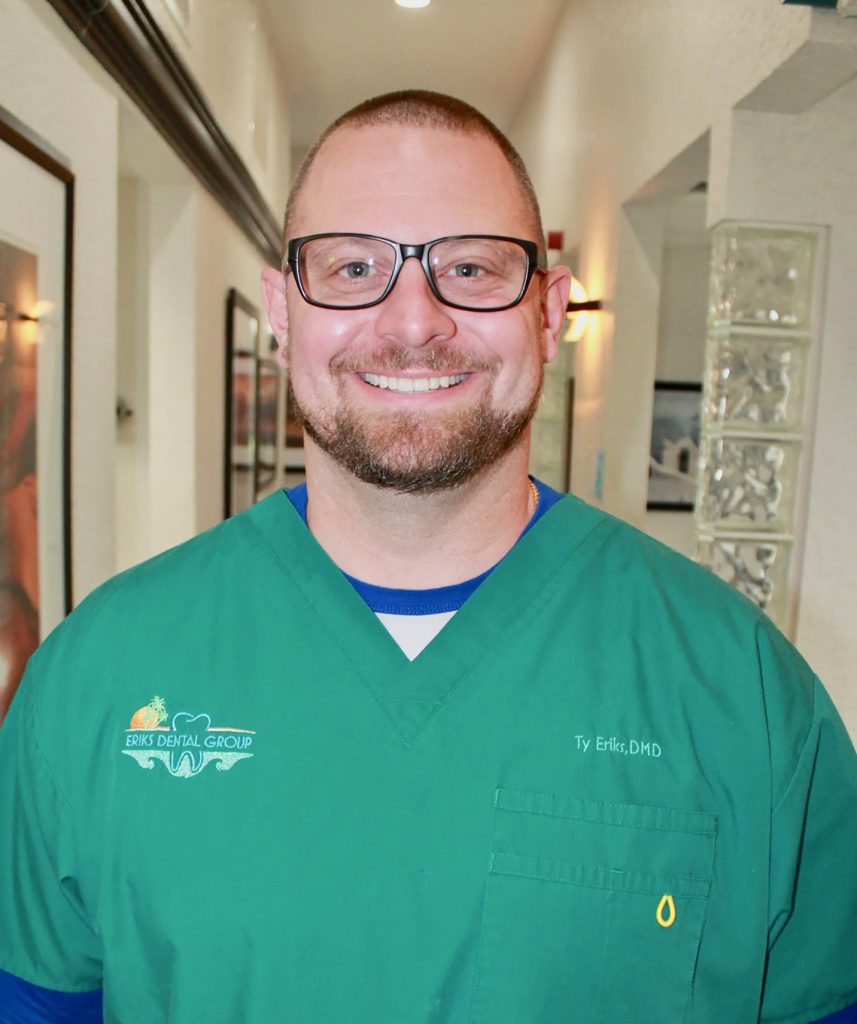Your smile is your best accessory. We know what you’re thinking: Not this quote again! You’ve likely heard it a bunch of times already. But, corny as it is, this quote holds in modern society, where aesthetics have taken the lead in virtually every part of the human experience. A good smile can boost your confidence and improve your interactions with others.
Contrary to popular belief, there’s more to oral care than regular cleaning from your family dentist. Sometimes, you may need more specialized care to maintain your smile, making it vital to see other dental specialists.
Here, we’ll look at different specialists and what they do to help you choose the right one for your oral needs.
General Dentist

While they’re not technically specialists, we can’t fail to include general dentists, as they’re at the core of most people’s oral health. Chances are, you already know at least one.
A general dentist is a professional who prevents, diagnoses, and treats various dental illnesses, including tooth decay, gum disease, and mouth infections. They undergo training in dental school, earning either DMD (Doctor of Dental Medicine) or DDS (Doctor of Dental Surgery) titles.
While they have undergone training to treat numerous conditions, they may lack the expertise to handle complex oral issues like teeth and jaw misalignment. In such cases, they’ll likely recommend you to the specialists on our list.
When Should You See a General Dentist?
Some professionals recommend seeing general dentists at least twice a year. While this is a good rule of thumb, it doesn’t apply to everyone. Some people, like smokers and pregnant women, need to visit general dentists more often. Ask your dentist to recommend how often to schedule visits. They’ll assess your lifestyle and history of oral problems when determining the most suitable interval.
Periodontist

While your general dentist can treat gum disease, they may recommend you to a periodontist for more specialized care. A periodontist is a dental professional with more in-depth training in periodontal disease. This is an inflammatory illness that primarily affects the gum.
Periodontists can diagnose and treat the disease before it advances, resulting in issues like gum recession. They offer services like root surface debridement, root planing, and minor surgeries like the placement of dental implants.
When Should You See a Periodontist?
You need to see a periodontist if you have moderate to severe periodontal disease. Symptoms to look out for include changes in your bite, bleeding gums, and pain in or around your gums.
You may need to see a periodontist, even if your case is minor, if you’re a smoker or have a family history of ailments like diabetes and heart disease, as they’ve been linked to gum disease.
Orthodontist
An orthodontist is a dental professional specializing in teeth and jaw irregularities. These irregularities are sometimes responsible for issues like tooth decay. They also make it difficult to chew, speak, or bite correctly.
Orthodontists offer numerous treatments, including braces, aligners, and retainers. They can also provide orthognathic surgery if these treatments don’t work. Orthognathic or orthodontic surgery is meant to shorten or lengthen your jaw.
When Should You See an Orthodontist?
Schedule an appointment with an orthodontist if:
- You have too much spacing between your teeth.
- You have a crossbite, open bite, underbite, or overbite.
- There’s a misalignment in the center of your top and bottom teeth.
- Your teeth are crowded.
Maxillofacial Surgeon
A maxillofacial or oral surgeon is a dental specialist who treats issues related to the face, mouth, and jaw. They’re specially trained in pain control and can provide sedation independently, making them ideal for complex oral surgeries requiring sedation.
Other dental specialists may refer you to these professionals when you need extensive surgery to regain your smile. They provide dental implant surgery, cleft lip or palate surgery, and reconstructive surgery to repair broken cheekbones and jaws.
When Should You See an Oral Surgeon?
See an oral surgeon if you have chronic temporomandibular joint (TMJ) pain or a misaligned jaw resulting from a skeletal problem. You can also see one if you’ve been involved in an accident that’s resulted in a broken jaw or teeth.
Pedodontist
A pedodontist, also known as a pediatric dentist, specializes in children’s dental care. They provide dental education and diagnose and treat illnesses like tooth decay. Think of them as general dentists with the skills to handle your infant’s or child’s oral care.
When Should You See a Pedodontist?
Professionals recommend seeing a pedodontist a few months after your child’s first tooth appears. They’ll assess your child’s teeth development to ensure they’re on the right track and help develop a dental care routine.
Also, see a pedodontist if you notice excessive thumb sucking, swollen or bleeding gums, stained teeth, cavities, and improper bites. Early treatment can prevent future dental problems.
Prosthodontist
The term ‘prostho’ has probably already given you an idea about what these specialists do.
As their name suggests, prosthodontists specialize in dental issues requiring teeth or jaw structure restorations. They handle procedures involving dentures, crowns, bridges, and dental implants.
When Should You See a Prosthodontist?
See a prosthodontist if you want to reconstruct your smile. They can replace your teeth and jaw after an accident, if you have a congenital condition, or if you have TMJ dysfunction. They focus on restoring optimal oral function and improving smiles.
Endodontist

An endodontist specializes in problems involving the tooth pulp. This is a tooth’s interior, which contains nerves and blood vessels.
They’re specially trained to perform tooth canals, procedures aimed at saving rather than removing problematic teeth. Tooth extraction is a last resort for these professionals.
When Should You See an Endodontist?
Visit an endodontist if:
- Your teeth are sensitive to heat and cold.
- You’re experiencing tooth pain.
- There’s swelling around your gums or face.
- You’ve injured your tooth.
Visit the Right Dental Specialists

Maintaining oral health requires you to do more than just see your family dentist once or twice a year. Some situations may warrant more specialized care from the dental specialists discussed here. Understand the services they offer to ensure you visit the right one.
At Eriks Dental Group, we’re committed to providing the best oral care for our clients. Our team will assess your needs and recommend an appropriate specialist during your visit. Contact us for professional dental care.

